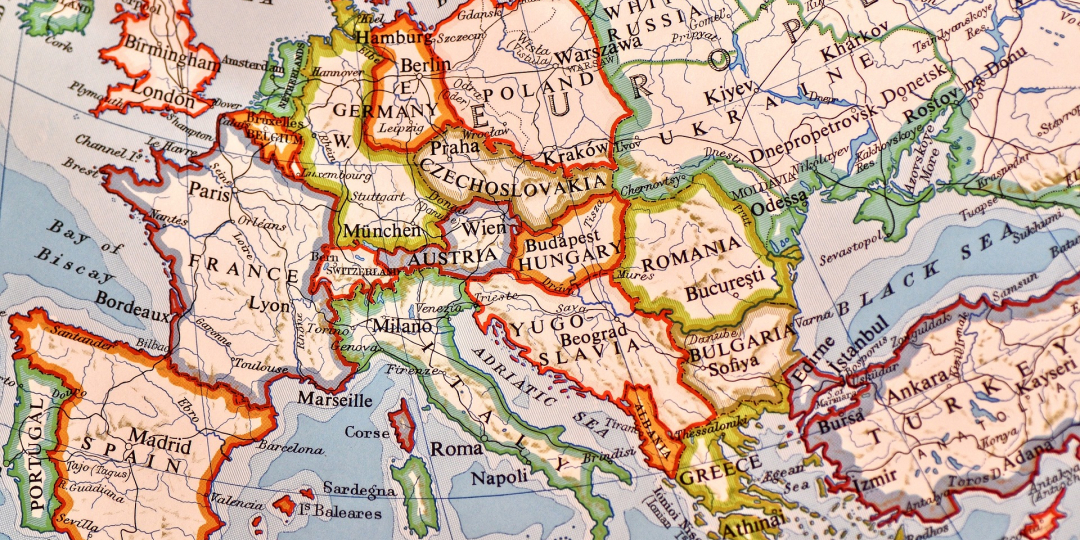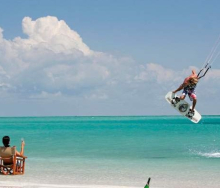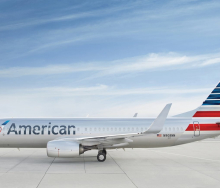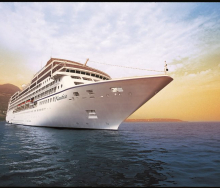While Iata is calling on governments to embrace greater air connectivity and to recognise the critical roles played by air networks in the European and global economies, European governments are simultaneously targeting aviation as a high-profile showcase for their visible actions to achieve nett-zero carbon emissions by 2050.
A recent Iata survey showed that 82% of corporate airline users say access to global supply chains is existential for their business; 84% say they cannot imagine doing business without access to air transport networks. And the key to this, says Iata, is for European states to acknowledge the different roles, strengths and benefits of the different types of carriers operating in Europe.
Far from promoting greater air connectivity, some European states are breaking air connection networks by banning short distance flights and pushing passengers toward rail travel. The Dutch authorities have announced a coming cap on the number of movements at certain airports, slashing the number of flights by 10%. The Dutch government has also just announced that it will triple passenger air taxes to bring them more to the level of expensive rail alternatives.
“European regulators have chosen to tackle several challenging air transport issues in the coming months, including airport slots, passenger rights and sustainability. These all have a potential impact on the choice and value that European travellers have come to expect, and it is vital that regulators have the full picture on the contribution different airline business models bring to air connectivity. To assist policymakers, Iata Economics developed a report analysing the extent of the connectivity provided by low-cost carriers (LCCs) and network carriers in Europe. The report shows that they offer different and complementary types of connectivity, while also competing on many popular routes,” said Willy Walsh, Iata DG at a November 2022 Iata event in Istanbul.
LCCs in Europe have traditionally carried origin-destination traffic, conducting short-haul flights and feeding into hubs, saving passengers long and arduous car and train journeys to get to their long-haul flights. Where passengers can choose rail over air, LCCs could be the biggest losers and, in a perfect world, legacy carriers would then rely on trains for connecting passengers.
Presently, though, there are still obstacles in the path of replacing short-haul flights with train journeys. Some of those are: Only high-speed trains can really compete with flights on a time basis, and high-speed rail is not ubiquitous in Europe. Lack of integration with baggage-handling services is another problem. Airline loyalty programmes might exert more attraction than the desire to be green. And the lack of connection between airline and train booking and ticketing systems (with some exceptions, like Lufthansa’s ticketing system) also stands in the way of integration of airline and train services.
If LCCs and legacy carriers have to shed short-haul routes, airport slots will open up and these could be used for the more profitable long-haul routes. (Short-haul routes are less profitable, largely due to the proportions in the time spent ascending, cruising at altitude and descending. Long-haul flights are more economical as there is a long period of cruising at altitude, with its lesser fuel burn.)
For useful air-to-rail links, Europe’s wealthy legacy carriers might need to invest in train services. They will need to integrate inventory, fares, baggage-handling and loyalty programmes into one offering, similarly to the airlines in the Lufthansa Group. Airlines could even profit from train routes, rather than viewing them as competition.
German rail operator, Deutsche Bahn, has become the first non-airline member of the Star Alliance of airline operators, which jointly market flights and connections across their networks.
Walsh heaped more criticism on European governments’ handling of issues related to sustainability.
“European States talk a good game on sustainability, but their record on delivery does not often match the ambition of their words. While some politicians flirt with ideas like banning short-haul air travel, which would save less than 5% of emissions at huge economic cost, practical measures like the Single European Sky for air traffic control, which would cut emissions up to 10%, remain politically frozen. The focus on SAF (Sustainable Aviation Fuels) is welcome but forcing it to be delivered equally at all airports across the EU makes no sense. A book and claim system would facilitate faster adoption at much lower cost without in any way diminishing the environmental benefits. We should be focusing on incentivising SAF production in the greatest quantities at the lowest cost, wherever that may be,” said Walsh.














